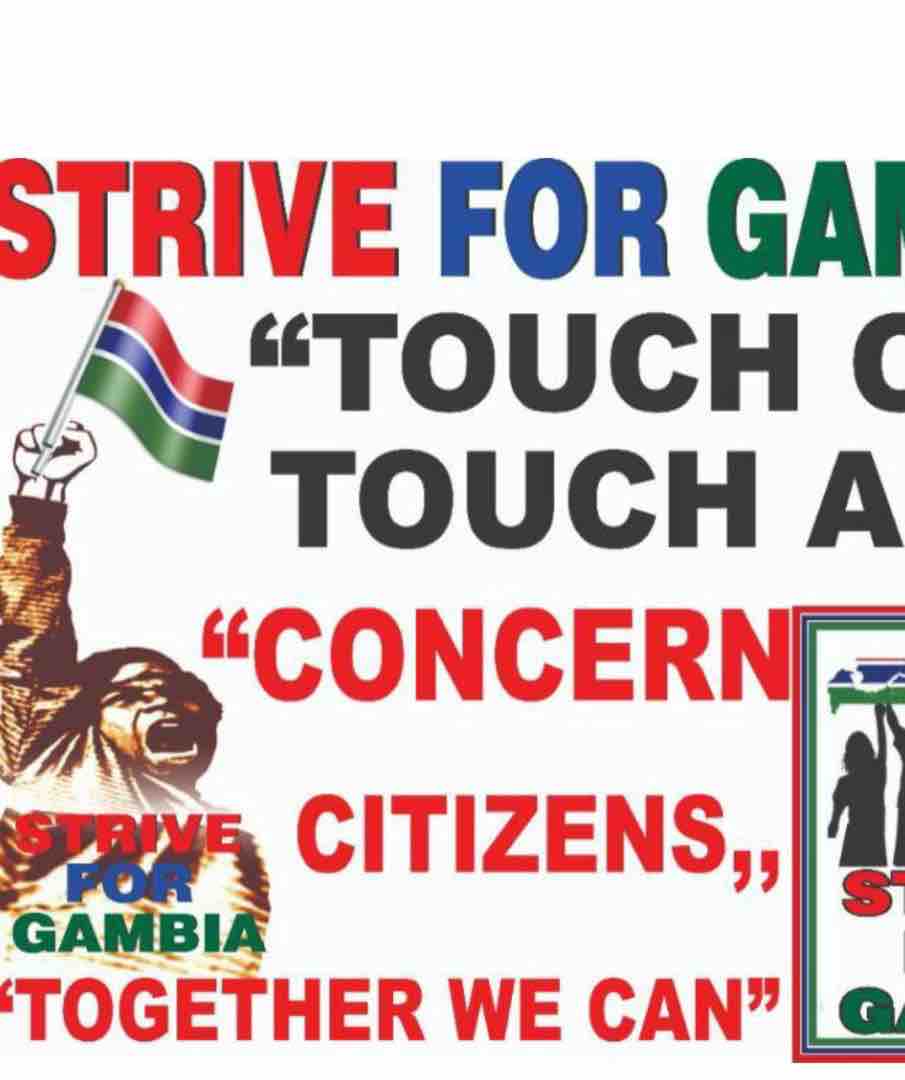Counsel Kawsu Jadama, Esq has observed that a caretaker cabinet/government is a temporary ad hoc government that performs some governmental duties and functions in a country until a regular government is elected or formed.
His reaction came a few hours following President Adama Barrow on Thursday January 20, 2022 constituting a caretaker Cabinet until further notice.
A statement issued by the office of the President stated that the caretaker Cabinet consists of all immediate past Cabinet Ministers who will continue to hold the same portfolio. As required by the Constitution, the caretaker Cabinet will be sworn in on Thursday, 27th January 2022 at the State House in Banjul, the statement added.
“Caretaker governments in representative democracies are usually limited in their functions, serving only to maintain the status quo, rather than truly govern and propose new legislation. Unlike the government it is meant to temporarily replace a substantive government. A caretaker government does not have a legitimate mandate (electoral approval) to exercise aforementioned functions.
Cabinet: by virtue of section 73 of the 1997 Constitution, consist of the President, the Vice-President and the Ministers. The Cabinet is regarded as the principal advisory body to the president of the Gambia. Thus, the Cabinet shall be responsible for advising the President with respect to the policies of the Government and shall have such other functions as may be conferred by any other law,” the learned lawyer pointed out.
He added: “Section 74 of the 1997 further delineates responsibility of Cabinet and Ministers – “The Vice-President and Ministers shall be collectively responsible to the National Assembly for any advice given to the President in Cabinet, and the Vice-President and each Minister shall be accountable to the President and the National Assembly for the administration of the departments and other business of Government committed to his or her charge”.
Jadama also pointed out that Section 76 – The executive powers – “(1) The executive power of The Gambia is vested in the President and, subject to this Constitution, shall be exercised by him or her either directly or through the Vice-President, Ministers or officers responsible to him or her.
He stated that, “in addition to the powers conferred on him or her by this Constitution, the President shall have such powers and responsibilities as may be conferred on him or her by or under an Act of the National Assembly.
The President shall be responsible for making due provision for the execution of Acts of the National Assembly”.
How long does a caretaker mode last?
“If I may ask this rhetorical question – the power to form a “Caretaker Cabinet” is predicated on what law? Normally, a caretaker period is a convention that begins when the House of Representatives is dissolved. Whether it is dissolved by the completion of its term or by an early dissolution, there and then, the President shall appoint a Caretaker Cabinet/Government. In any other scenario, a caretaker government can come into existence, if a sitting president/government is impeached. Also, if there exist an interregnum, a constitutional hiatus, or a constitutional crisis. Although during the caretaker period, the business of government continues and ordinary matters of administration still need to be addressed. Notwithstanding, in our case, what really warrants a “Caretaker Cabinet”?
“As we just emerged from an election, the expectations require a substantive government to be in place. A “Caretaker Cabinet ” formed immediately after elections, is not known to this jurisdiction.
In final summation we therefore submit that, the power to form or create a “Caretaker Cabinet”, must come from the dictates or caprices of the Constitution or through an Act of the National Assembly.”




